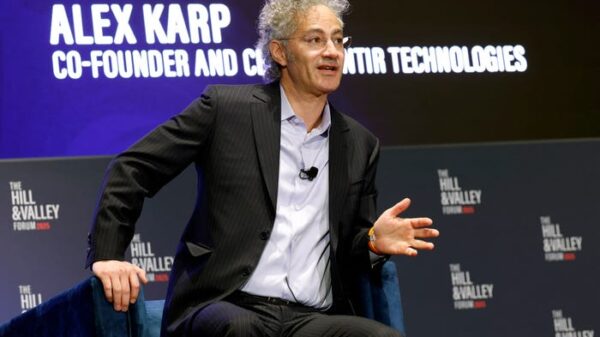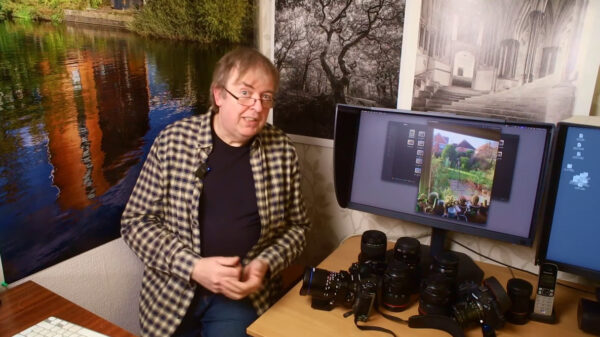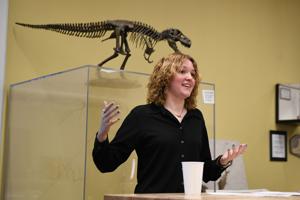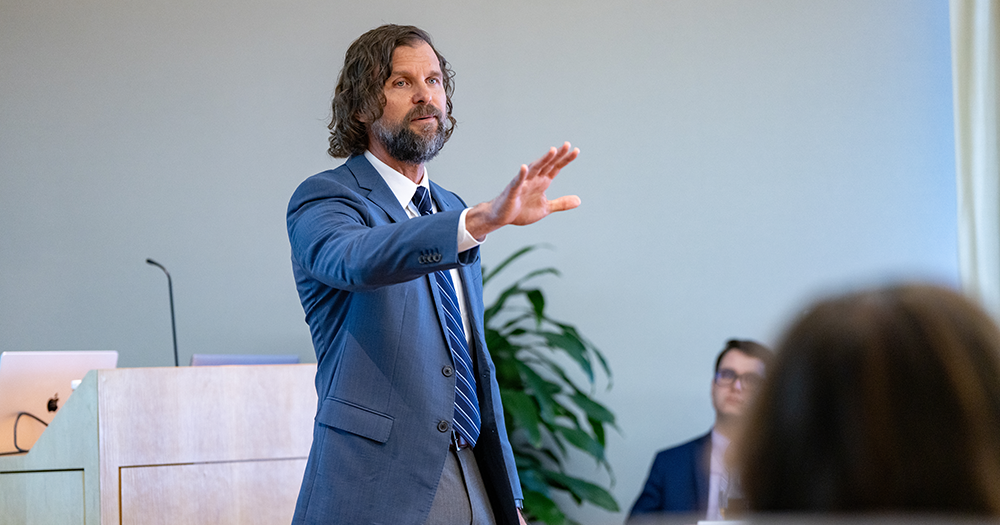Elizabeth McLain, an assistant professor at Virginia Tech, received her autism diagnosis in her twenties, a significant moment that followed her struggles with PTSD after the tragic 2007 shooting on campus. Initially skeptical about her diagnosis, McLain’s journey toward understanding autism has shed light on the experiences of many individuals on the spectrum.
In therapy, McLain faced challenges that prompted a recommendation for an autism evaluation. At that time, she associated autism with misconceptions, failing to see how her experiences aligned with the condition. “The world is too loud, it’s too bright,” she explains, illustrating how sensory experiences can be overwhelming for those with autism. She describes her childhood as one where she learned to endure discomfort, often leading to periods of shutdown under stress.
Upon receiving her diagnosis, McLain found clarity in her past struggles. “I just thought I was very weird and strange,” she recalls, emphasizing how understanding autism helped her reconcile her experiences. Connecting with other autistic individuals revealed a shared understanding, highlighting the unique ways they navigate the world.
McLain’s memory functions differently from that of neurotypical individuals, with non-linear recall and challenges with eye contact, which she finds intense and distracting. Despite these hurdles, she excelled academically, earning degrees in Music and History at Virginia Tech, followed by an M.A. and PhD in Musicology from the University of Michigan.
An unexpected diagnosis of Ehlers-Danlos Syndrome, a connective tissue disorder often associated with autism, further complicated McLain’s journey. “If you have autism, you’re more likely to have EDS,” she notes, reflecting on how interrelated these conditions can be. Transitioning from music performance to music history, she now channels her creativity into Dungeons and Dragons performances, blending her academic background with her passion for storytelling.
Understanding autism remains a complex challenge. McLain points out that public perceptions often stem from individuals in distress, suggesting that many autistic people, especially women, remain unnoticed due to their ability to adapt. “We don’t really know what a fully supported autistic person looks like,” she states, advocating for greater awareness of the spectrum’s diversity.
In the realm of music, McLain highlights how her autistic traits enhance her abilities. “My level of determination and ability to focus are strengths,” she explains, countering stereotypes that depict autistic individuals as unemotional. Emotional sensitivity, she asserts, is also heightened, allowing for deep connections with music and art.
Recent media representations, such as her feature in the VPM docuseries “Life in the Heart Land,” reflect a growing recognition of the need for autistic voices in storytelling. Lindsey Sitz, the episode’s director, emphasizes the importance of allowing autistic people to share their narratives.
April Hepler, a licensed professional counselor and mother to an autistic son named Nathan, has dedicated years to understanding autism. Diagnosed with both autism and Fragile X syndrome, Nathan presents unique challenges and strengths. Hepler describes Nathan as a generous individual, capable of forming deep connections, despite his difficulties with communication.
“Nathan couldn’t have participated in an algebra class,” Hepler notes, illustrating how educational systems often overlook the skills that autistic individuals possess. Her work at Adagio House aims to provide support services for families navigating similar journeys, emphasizing the importance of understanding and accommodating differences in learning and communication styles.
The notion that all autistic individuals are the same is a pervasive misconception. Evonne Hall, the BASE Program Coordinator at Bridgewater College, reinforces that each person is unique, with individual aspirations and capabilities. The BASE program offers tailored support to students with disabilities, helping them achieve personal and academic success.
Mark Gabriele, a professor at James Madison University, is conducting research on autism through the lens of sensory neuroscience. He explains that during critical developmental periods, the brain forms connections that may not always be pruned effectively, potentially leading to sensory overload. “Individuals with autism may have underpruning, which could lead to hyperstimulation,” he states, emphasizing the need for empathy and understanding in approaching autism research.
As the discourse around autism evolves, it is essential to recognize the diverse experiences within the spectrum. McLain’s journey, along with contributions from Hepler, Hall, and Gabriele, highlights the importance of listening to autistic individuals and fostering environments where their strengths can shine. By embracing these narratives, society can move towards a more inclusive understanding of autism, celebrating the unique contributions of every individual.





































































